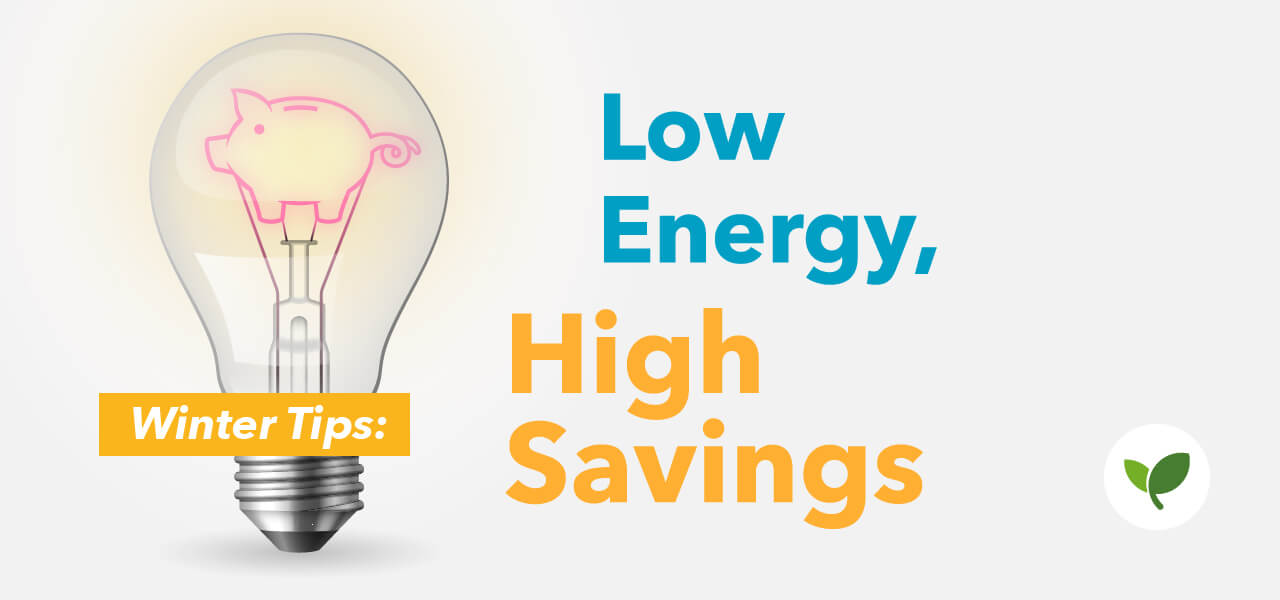Looking for ways to save on your electricity bill in South Africa? This guide offers practical tips to help households work towards a more sustainable future. You can lower your winter energy bill by understanding your energy usage and making minor changes to your daily habits.
Ready to try some winter tips? Check out these suggestions:
Use Energy-Efficient Appliances
Investing in energy-efficient appliances can significantly reduce your electricity bills. Look for appliances with high energy efficiency ratings (A+ or A++). These models consume less electricity while maintaining the same performance standards.
When buying new appliances, it’s essential to compare their energy ratings. The most efficient rating is A, while the least efficient is G. Appliances with high energy efficiency ratings use 40% less electricity than older models, resulting in substantial savings in the long run.
Speaking of appliances, here are some extra tips on ensuring efficient usage:
Fridge:
- Make sure that the seal on your fridge is intact. A faulty seal can cause your fridge to consume more electricity while trying to maintain its temperature.
- Try not to keep the refrigerator door open for too long. It will cause your refrigerator to use more energy to return to its set temperature.
Oven:
- To save electricity, you skip the preheating of your oven. Unless you’re baking bread or pastries, preheating it is usually unnecessary.
- Home-cooked or baked meals are the way to go this winter. Quantity is key, so when you have the opportunity to prepare a few meals at the same time, you will lower your stove or oven usage.
- And if you have limited time to prepare dinner, consider investing in an energy-saving appliance like an air fryer. You can use it to fry, grill, roast or bake your meals and cut out the need for your stove.
Tumble Dryer:
- Try to avoid using the tumble dryer. Rather line-dry your washing.
- But if you have to, place a dry towel with each load of wet clothes to reduce drying time (and therefore electric usage) when using a dryer. The towel will absorb moisture and help dry the clothes faster.
When it comes to appliances, it goes without saying that overusing them, like the dishwasher, washing machine, and especially the tumble dryer, is a definite no-no.
Manage Your Geyser
Geysers consume a substantial amount of electricity. Install a timer switch to control your geyser’s function, ensuring it only heats water when needed. This simple adjustment can lead to substantial savings on your energy bill.
And when you are away for a few days, remember to turn your geyser off.
Switch to Energy-Efficient Lighting
Replace traditional incandescent bulbs with energy-efficient options like CFL (Compact Fluorescent Lamp) or LED (Light Emitting Diode) bulbs. These alternatives use up to 75% less energy and last significantly longer. Just remember to recycle your old bulbs responsibly.
Always switch off lights when leaving a room. And for outdoor lighting, consider using timers, motion detectors, heat sensors, or photocell controls.
Consider Gas Stoves
Use a gas stove or cylinder with a cooker top attachment instead of an electric oven to reduce electricity consumption. These options are more energy-efficient (and load-shedding-proof) and can help you save on energy bills.
Explore Solar Heating and Solar Power
We know it is expensive to install, so this might not be feasible for most South Africans. But if you can afford it, it would be a great idea to harness the abundant South African sunshine by investing in solar solutions.
Solar heat pumps and solar water heaters are excellent cost-effective, and energy-efficient water heating options. Solar panels can even power your entire home, making it self-sustainable.
Prepaid Electricity Usage
To control your energy usage and prepaid electricity expenses better, regularly monitor your meter readings before and after topping up. Set realistic usage targets and strive to stay within them.
It’s crucial to keep in mind Eskom’s Block Tariff System. This system means that the more electricity you use, the more you pay per block. Therefore, if you pay for more power than you need or top up throughout the month, you will pay more without receiving more units on average. The system resets every month, allowing consumers to save money by only purchasing the electricity they will use during that time and waiting until the next month to purchase units again at a lower price.
Optimise Your Home’s Energy Efficiency
Improve insulation by insulating ceilings, using double-glazed windows, and installing retractable shutters.
Make sure your windows seal properly and check for any gaps. You can use foam weather strips or insulation tape to stop the winter cold from coming in.
If you feel the cold air rushing around your closed doors, you can fix this by attaching weather strips to the sides and top of the door and new door sweeps (or a good old-fashioned door snake) at the bottom.
Embrace Energy-Efficient Habits
Simple habits like turning off lights when leaving a room, unplugging unused appliances, and using appliances during off-peak hours can significantly reduce electricity consumption.
And when it comes to keeping yourself warm this winter:
- Layer your outfits (in moderation, of course – no need to go Eskimo style).
- Close off unoccupied rooms to keep the heat locked in your areas.
- Drink hot drinks (using hot water flasks to avoid overusing the kettle).
- Keep extra throws or blankets in the living and dining area for everyone to snuggle up and keep warm.
With these practical tips, you can actively contribute to reducing your electricity bills while promoting sustainability in South Africa. You’ll create a more cost-effective and environmentally friendly home by embracing energy-efficient appliances and adopting smart energy-saving habits.
